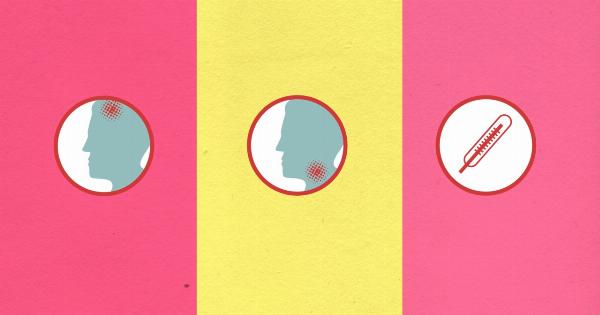Sinusitis is a condition that affects millions of people each year. It is a common condition that can be caused by a variety of factors, including allergies, bacterial or viral infections, and structural abnormalities in the sinuses.
In this article, we’ll go over everything you need to know about sinusitis, including its causes, symptoms, and treatment options.
What is Sinusitis?
Sinusitis, also known as a sinus infection, occurs when the sinuses become inflamed and swollen. The sinuses are small, air-filled cavities located in the forehead, cheeks, and nasal bones.
They are connected to the nasal passages and help to produce mucus, which keeps the nasal passages moist and protects against dust, dirt, and other airborne particles.
When the sinuses become inflamed, the mucus cannot drain properly, which can lead to infection. This can result in a range of symptoms, including nasal congestion, facial pain and pressure, headache, and fever.
Causes of Sinusitis
There are several factors that can contribute to the development of sinusitis, including:.
- Allergies: Allergic reactions to dust, pollen, or other airborne substances can cause inflammation in the nasal passages and sinuses, leading to sinusitis.
- Bacterial or viral infections: Infections of the upper respiratory tract, such as the common cold, can lead to sinusitis.
- Structural abnormalities: Structural abnormalities in the sinuses, such as a deviated septum or nasal polyps, can lead to sinusitis.
Symptoms of Sinusitis
The symptoms of sinusitis can vary depending on the severity of the condition, but may include:.
- Nasal congestion and difficulty breathing through the nose
- Pain and pressure in the face, particularly around the nose and eyes
- Headache, particularly around the forehead and temples
- Cough
- Sore throat
- Fever and fatigue
- Reduced sense of smell and taste
If you experience any of these symptoms, it is important to seek medical attention to determine the underlying cause and appropriate treatment.
Treatment for Sinusitis
The treatment for sinusitis will depend on the underlying cause of the condition. In some cases, sinusitis may resolve on its own with rest and over-the-counter medications, such as pain relievers and decongestants.
However, if the condition is caused by a bacterial infection, your doctor may prescribe antibiotics to help clear the infection.
Other treatments for sinusitis may include:.
- Nasal irrigation: This involves using a saline solution to flush out the sinuses and nasal passages, which can help to reduce inflammation and promote drainage of mucus.
- Steroid medications: In some cases, steroid medications may be prescribed to reduce inflammation in the sinuses.
- Surgery: In rare cases, surgery may be necessary to correct structural abnormalities that are contributing to sinusitis.
Preventing Sinusitis
There are several steps you can take to help prevent sinusitis, including:.
- Avoiding exposure to allergens, such as dust and pollen, as much as possible
- Washing your hands frequently to reduce your risk of bacterial and viral infections
- Using a humidifier to keep the air in your home moist, particularly during the winter months when indoor heating can dry out the air
If you are prone to recurrent sinus infections, your doctor may recommend additional steps to help prevent future infections, such as allergy testing or immunotherapy.
Conclusion
Sinusitis is a common condition that can cause a range of symptoms, including nasal congestion, facial pain, and headache.
While the underlying causes of sinusitis can vary, the condition can often be effectively treated with a combination of over-the-counter and prescription medications, as well as home remedies like nasal irrigation. If you are experiencing symptoms of sinusitis, it is important to seek medical attention to determine the underlying cause and appropriate treatment.



























